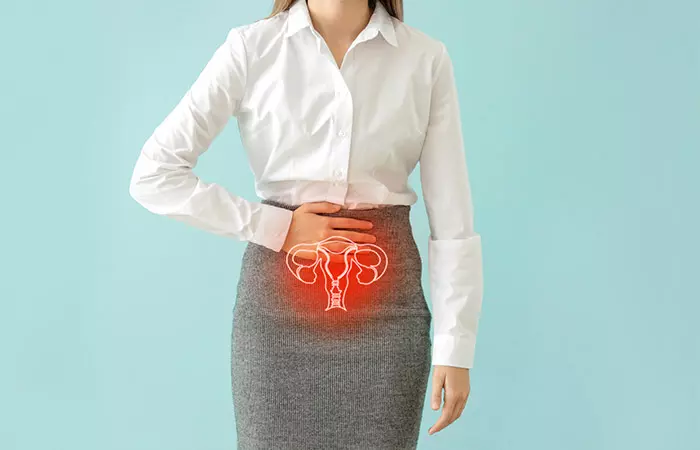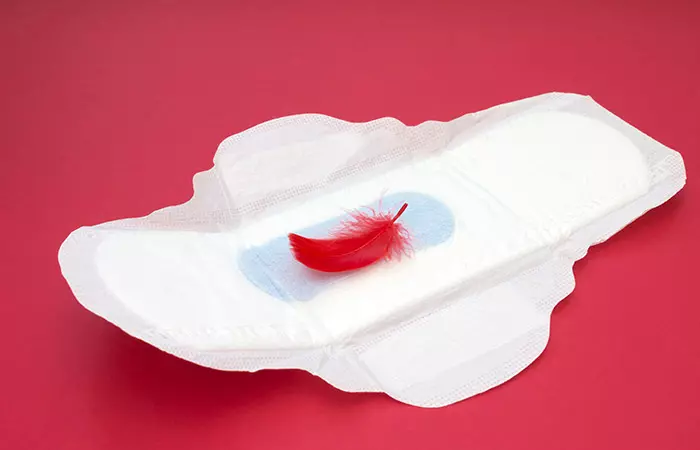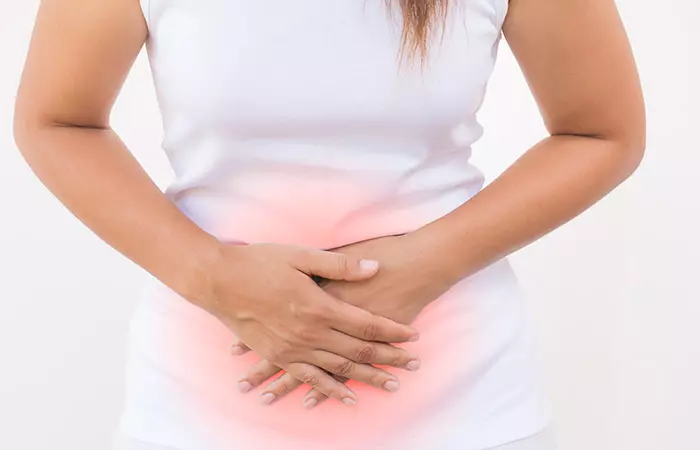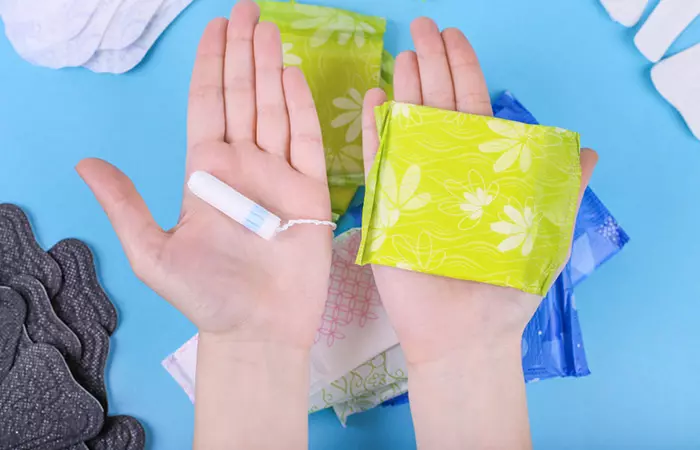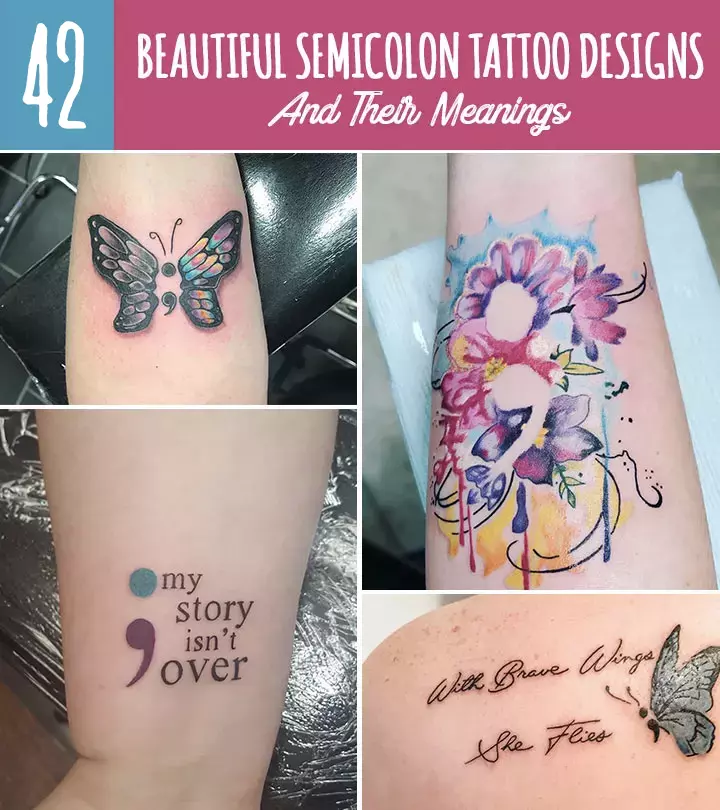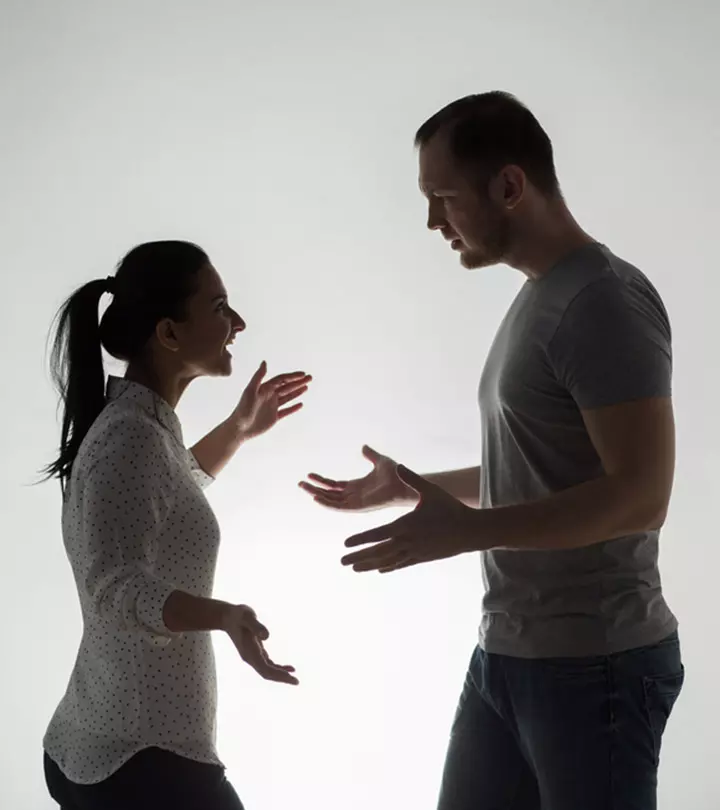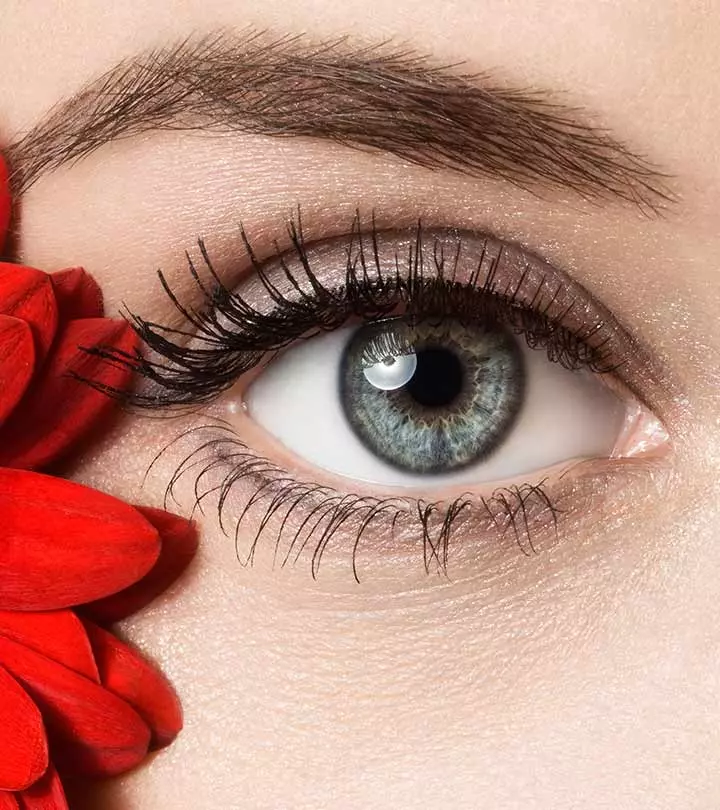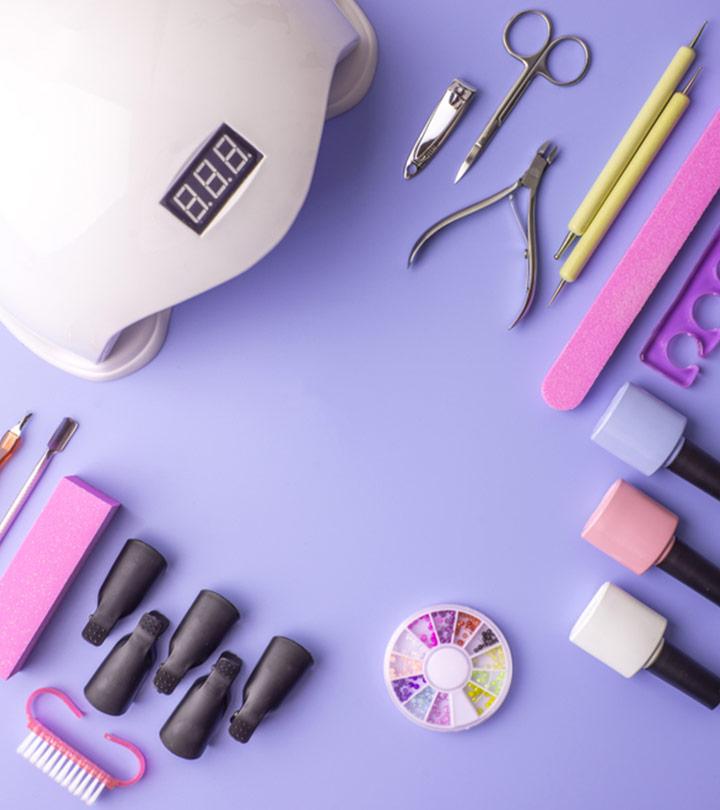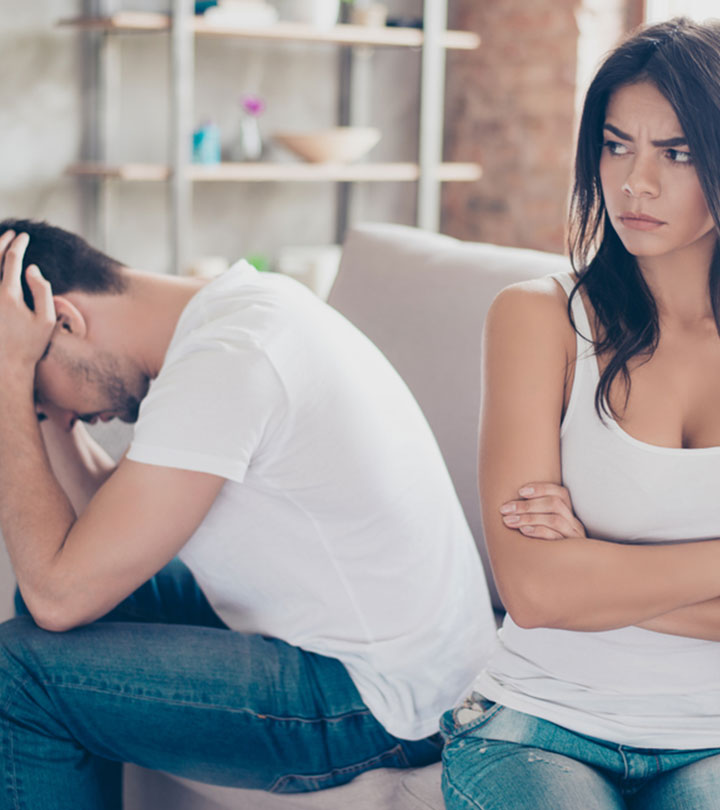8 Reasons Why We Need To Stop Period Shaming Women

Image: Shutterstock
How to bring awkwardness into conversation #101 in our desi culture – just mention the word “period”. You will see people suddenly lose interest, get embarrassed or disgusted. It’s funny that even though around 26% of the world population menstruates at their fertile ages no one is ready to talk about it in the open (1). What’s worse is, it has been used to shame women. In fact, there are offensive rituals of isolation during those days as well.
The culture of period shaming is deep-rooted, and even today, women buy sanitary pads hidden in brown paper, black plastic bags, or newspapers. At a time when women are most vulnerable and sensitive, they are shamed and criticized for a natural phenomenon they have no control over. Here are the major reasons why there is a dire need to stop period shaming, and what could be done to overcome the global ignorance.
1. Debunking Myths
Conservative thinkers and traditionalists shame women about period stains. About 450 million girls have suffered period shaming at least once in their lives (2). The origin goes to the feeding of age-old beliefs, and they could either exist forever or be formulated to establish control over women. The central culprits are women who, through generations, have dealt with the topic as taboo. There are some practices that have no scientific backing like – touching pickles when on periods will make them go stale, or taking a bath while on periods will make you fall sick. On the contrary, taking a hot water bath during periods can improve blood circulation and ease your cramps. Many are not allowed to enter religious premises while menstruating and are accused of making the area “impure”. Well, with that logic, God made women and all the processes attached to them. There will be no life on earth if women didn’t have periods. There would be no reproduction too.
2. The Shame Complex
Finding a house where girls are educated rightly about periods is sadly very scarce. Through generations, girls are taught to sweep the topic under the carpet and follow a thousand norms during those days. You can probably spot a woman on her periods if she is associated with phrases such as “Don’t sit on the bed, don’t touch that, don’t sleep here, don’t enter the kitchen”, and the list goes on forever. Things like these often develop into a shame complex in young minds, and they grow up to be either under-confident, or constantly under the complexity of that shameful phenomenon. It might not be the case in many progressive families nowadays but there are still areas that practice these unfair rules due to no rhyme or reason. It is all quoted as a following of forefathers and past generation practices.
3. Breaking The Toxic Chain
Forcing a person to believe in something makes them hold on to the norm, and they pass it on to future generations. It becomes a vicious cycle where everyone is a part of a toxic habit, but one can breakthrough. Even if you try to get out of the chain, it won’t be an easy battle. Bringing about a change is never easy, especially when it concerns half the world’s population. But sometimes, even a small change can start a positive revolution. It is possible through general awareness, using social media as a platform to share constructive opinions, and engaging as many women and men in this discussion to normalize periods.
4. It Is A Natural Phenomenon
If you flip through the pages of any school book, you will find a whole chapter dedicated to the hushed word. Periods are the most natural thing happening to fertile women and should be celebrated, if anything. It is something necessary for the existence of life, and hence should be treated with respect.
5. Periods Are The Only Blood Without Violence
If you are hemophobic, we don’t blame you. Being hemophobic means feeling queasy at the sight of blood. You probably can’t watch gory bloodshed-filled action scenes comfortably. Or the mere sight of blood makes you sick. The very thought of blood draining out of your body can send shivers down your spine, but period blood is not born out of the violence of any kind. It might feel or look nasty, but it is important to understand that it is as normal as you pee or poo. The cramps felt by a woman during menstruation are the lining of the uterus contracting, and can be lessened with a hot water bag and a healthy diet.
6. Putting A Halt To Patriarchy
Patriarchal norms have controlled women through the centuries. Since our society is inclined towards male domination, taboos have entered the community so that women are naturally embarrassed about the natural phenomenon. During periods, the habits taught to girls are staying away from people and behaving differently, making everyone understand they are on their periods.
7. Embracing The Phenomenon
We know turning a working wheel in the other direction is never easy, especially when it is as deep-rooted as this one, but it is essential to address the ‘packet in black’ and make it a regular thing to discuss with people. We know it is treated like it is a cringe topic to be a conversation starter, but it is certainly not something that should embarrass you. Periods signify fertility, and it is time we learn to embrace the phenomena and celebrate womanhood.
8. It Is A Significant Concern
News around periods is always hushed because no one wants to read it! But there are cases where the shaming reaches its summit, and young women cannot take the humiliation. Sadly, something so natural and meaningful has become the cause of many mishaps worldwide, especially in developing and underdeveloped countries. It is time we take the big step to educate society about menstruation. Women should feel comfortable while talking about periods with her father, brother or male friends and not hide like she committed a heinous crime.
In the last few centuries, norms and rituals were formed that helped women during their periods. Not going to the kitchen and staying in the room ensured the women got ample rest during those days. However, with time, it emerged as more of a punishment than a boon. It’s time we take the torch in our own hands and periods out of the hands of taboo makers. Normalize the conversation by educating the masses who are still in the dark. It is a slow process but definitely not impossible.
References
Articles on StyleCraze are backed by verified information from peer-reviewed and academic research papers, reputed organizations, research institutions, and medical associations to ensure accuracy and relevance. Read our editorial policy to learn more.
- FAST FACTS: Nine things you didn’t know about menstruation
https://www.unicef.org/press-releases/fast-facts-nine-things-you-didnt-know-about-menstruation - Effect of menstruation on girls and their schooling and facilitators of menstrual hygiene management in schools: surveys in government schools in three states in India 2015
https://www.ncbi.nlm.nih.gov/labs/pmc/articles/PMC6286883/


